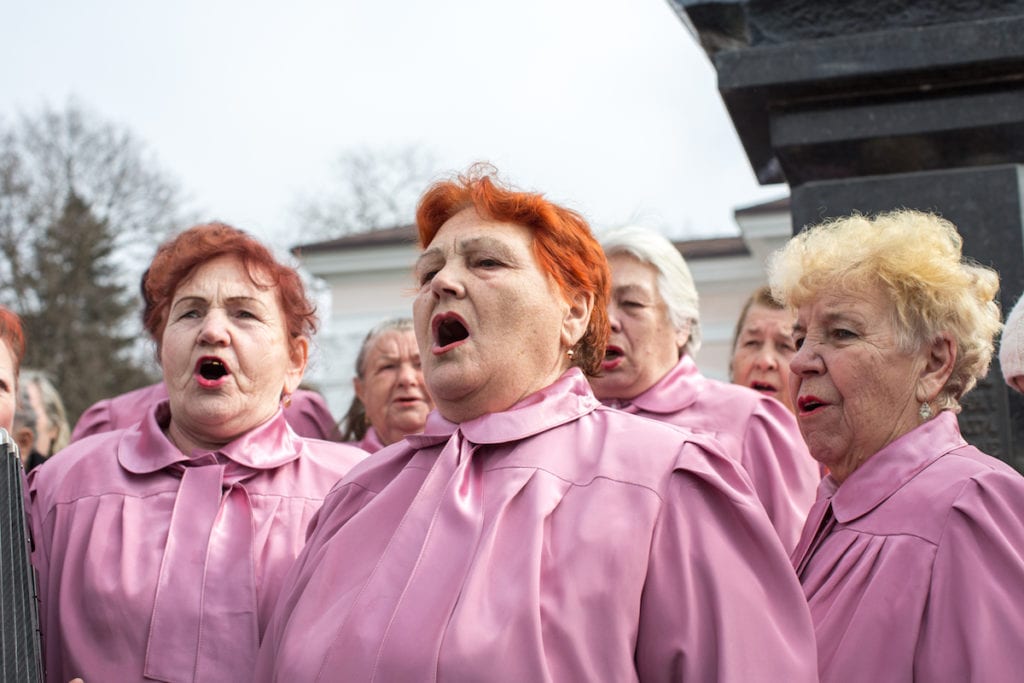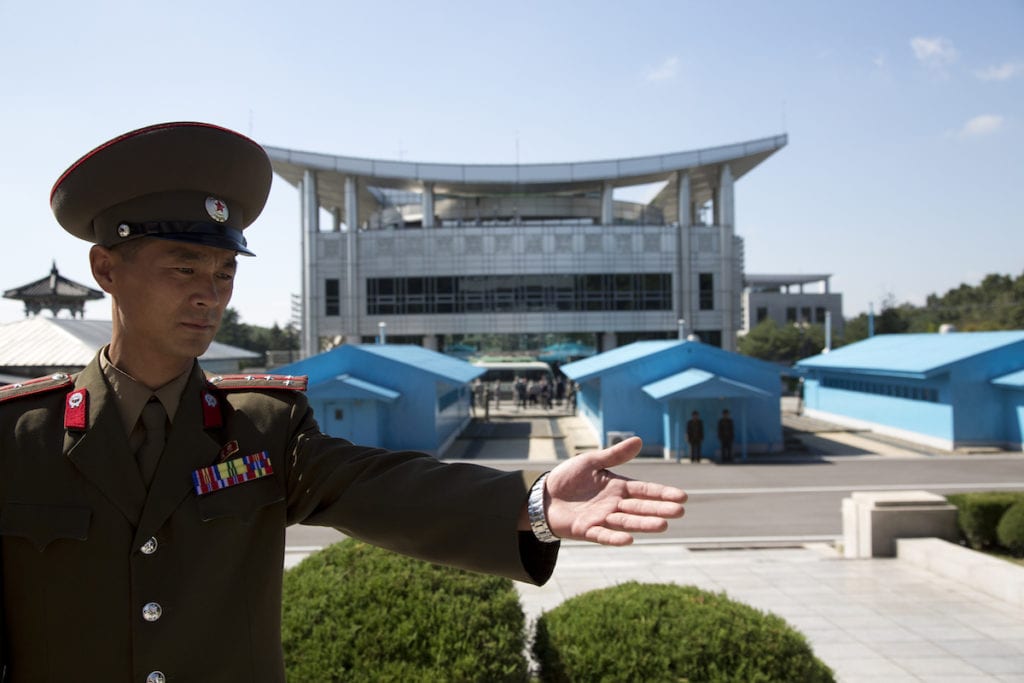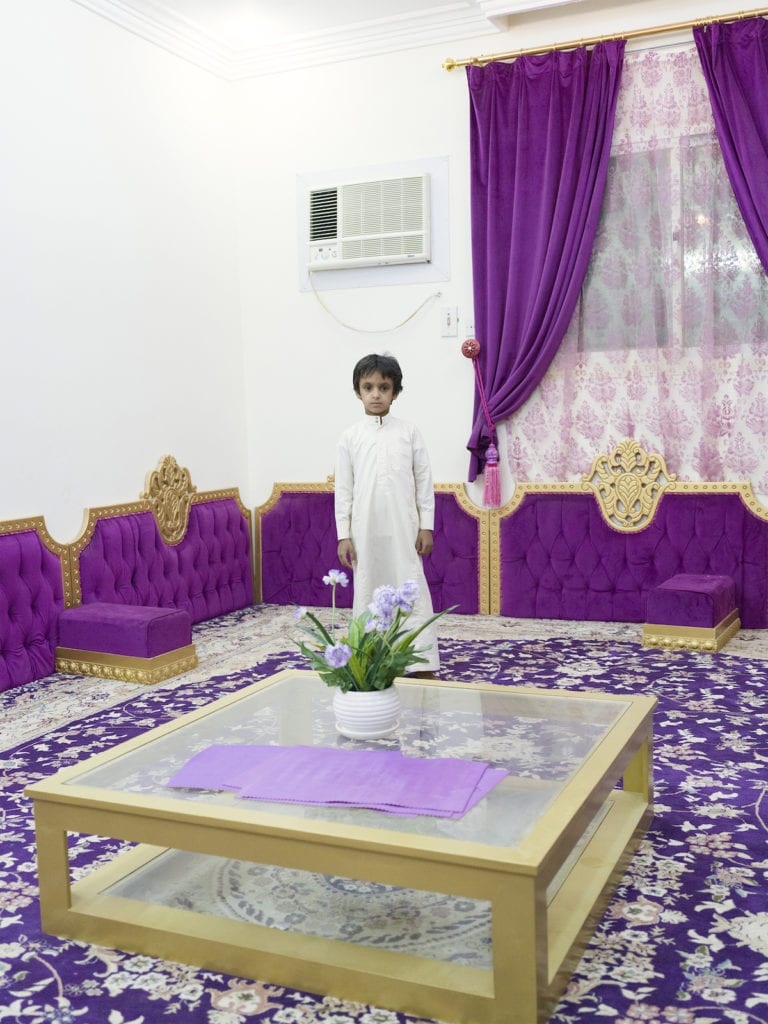LUMIX Stories for Change is an ongoing collaboration between British Journal of Photography and Panasonic LUMIX that celebrates the power of photography in driving positive change. This summer, three photographers will each be awarded a grant and a LUMIX S Series kit to create a new body of work around the themes Inclusion and Belonging. Below Frederick Paxton discusses what he has planned.
“Often, complex systems of government and geopolitics dominate the narratives of certain countries and sport can offer an unexpected window into these worlds,” writes Frederick Paxton, a photographer and filmmaker based in London. “Through sport, you see expressions of both national and personal identity. By understanding the subculture of the sport you can begin to understand the society that it reflects.”
For his Stories for Change project, Paxton, who is represented by Academy‘s new stills agency, will immerse himself in one sport, in one country. The project could take a number of forms. Paxton wants to be led by the people he meets and the things he experiences — he is is open to the focus being on one individual, or a team; the sport itself, or the community that surrounds it. “Often you turn up and things change,” he says, “especially in terms of what is actually happening and how people relate to you and how you relate to them.”
Currently in the research phase of the project, Paxton has identified five sports that he is interested in photographing: cycling in Eritrea, basketball in Lebanon, volleyball in Iran, skiing in Afghanistan, and wrestling in Chechnya, Russia. Most of these countries share the fact that, to some degree, they face political unrest or difficulty that has been widely covered in the international media. “I wanted to focus on places that I thought the viewer would have very specific perceived notions of,” says Paxton. “The commission allows me to strike the audience with something they already know a lot about. Take Iran: you constantly hear about Iran in the news but sport provides a context that is different from what people are used to hearing.”

In Lebanon, Danyel Reiche, a professor at the University of Beirut described basketball in the country as “war, minus the shooting”. “In Lebanon, politics is everywhere — there is no separating it from sport,” says Paxton. “So, the focus of the games tends not to be on the field but in the stands. Lebanese fans are more interested in hurling abuse at their rivals — these are not supportive chants they know off by heart, but political insults.”
Paxton’s interest in sport is rooted in his belief that most people are able to relate to it, irrespective of their culture or background. By using sport as a basis to explore the wider politics of a country, Paxton hopes to engage people in subject matters that otherwise may feel distant and disconnected. “These places quite often feel very far away,” he says. “It is really important, therefore, to place things that are happening in the world in a context that people can understand. Sport gives people that context. Even if you have no interest in sport, it is still something that will register.”

The project is one of three new bodies of work being made as part of the first chapter of Stories for Change, an ongoing collaboration between British Journal of Photography and Panasonic LUMIX. He joins Catherine Hyland as one of three photographers tasked with creating new work under the Stories for Change project brief, with the third and final photographer being announced in the coming weeks. Through the commissioning of socially important work, Stories for Change will highlight the power of photography in driving positive change. Loosely based on the United Nations Sustainable Development Goals, the first commissions of the series will explore the themes of Inclusion and Belonging.
Paxton’s work straddles fine art and documentary. Often working in areas of conflict – including Syria, Ukraine and North Korea – the photographer and filmmaker employs “the language of photography and art to unpick complex things,” doing so in a way that reveals humanity and provides a new context to which people can relate.
Much like his artistic approach – working in both film and photography, and across fine art and documentary – Paxton is determined that the work he makes as part of the Stories for Change commission is not confined to one audience but rather relates in varying degrees to people from all backgrounds and disciplines. The intention is that the work becomes universally understood, not constrained to the worlds of art, culture or journalism but inclusive of them all, ” he explains. “There is a very particular language associated with sports photography and suddenly when the approach to sport isn’t that norm it automatically arrests the viewer.
“My hope is that this combination of familiarity and surprise will present a new narrative that will challenge our own preconceived ideas of identity and belonging.”
LUMIX Stories for Change is an ongoing collaboration between Studio 1854 and Panasonic LUMIX. For more information on sponsored content, visit 1854.studio.
To hear about upcoming commission opportunities, register with 1854 Commissions.
–




